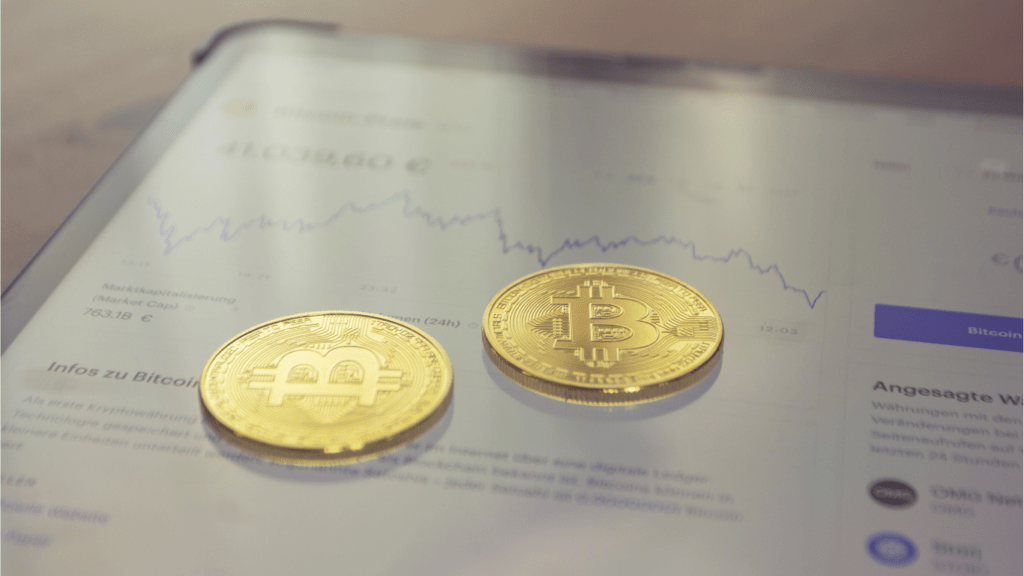Understanding Crypto Wallets
Crypto wallets play a crucial role in managing and securing digital assets. They serve as the primary interface between users and their cryptocurrencies.
Types of Crypto Wallets
There are two main types of crypto wallets: hot wallets and cold wallets. Hot wallets, such as:
- mobile
- web wallets
are connected to the internet and offer easy access to funds. Examples include Coinbase Wallet and MetaMask.
Cold wallets, like hardware wallets and paper wallets, are offline and provide enhanced security by reducing exposure to online threats. Examples include Trezor and Ledger Nano S.
How Crypto Wallets Work
Crypto wallets store private and public keys, essential for securing and managing cryptocurrency. When users send or receive funds, the wallet uses the private key to sign transactions, ensuring the transfer’s authenticity and security.
Even though the wallets don’t store actual coins, they control access to the blockchain where transaction records reside. This setup makes it vital to keep private keys secure to prevent unauthorized access.
Common Security Threats
In the fast-evolving crypto landscape, understanding threats is crucial for securing digital assets. Below are predominant security threats.
Phishing Attacks
Phishing attacks aim to trick users into revealing sensitive information. I often see attackers use emails, fake websites, or social media messages to pose as legitimate entities. For instance, an email might prompt someone to click a malicious link disguised as a wallet login page. Once credentials are entered, attackers gain unauthorized access to the crypto wallet.
Malware
Malware targets devices to steal information or hijack transactions. Trojans, spyware, and keyloggers are common examples. These malicious programs can enter systems through software downloads or email attachments. I stress the importance of using reputable antivirus software and regularly scanning for malware to mitigate this risk.
Physical Threats
Physical threats involve direct theft of devices storing crypto wallets. If a hardware wallet or smartphone gets stolen, an assailant may access one’s funds. I recommend using robust passwords and biometric authentication to add an extra layer of security. Additionally, always store backup phrases in secure, inaccessible locations.
Understanding and addressing these threats is integral to maintaining the safety of your cryptocurrencies.
Essential Security Tips

Securing your crypto wallet demands proactive measures and awareness. Follow these essential security tips to keep your funds safe.
Using Strong Passwords
Use strong, unique passwords for your crypto wallets. A strong password contains at least 12 characters, a mix of upper and lower case letters, numbers, and special characters.
Avoid using easily guessable information like birthdays or common words. For example, instead of “Password123,” consider “G5$&9n2@K1l!”. Password managers like LastPass or Dashlane help generate and store complex passwords securely.
Enabling Two-Factor Authentication
Enable Two-Factor Authentication (2FA) for an extra layer of security. 2FA requires something you know (a password) and something you have (a code from an app or text message).
Google Authenticator and Authy are popular apps for generating these codes. This setup ensures even if someone gets your password, they can’t access your wallet without the second factor.
Keeping Your Software Up to Date
Regularly update all software related to your crypto activities. Software updates often include security patches that protect against vulnerabilities. This includes your wallet software, operating system, and any antivirus tools.
Enable automatic updates where possible to ensure you always have the latest protections in place. For example, keeping your Ledger firmware updated guards against new threats and exploits.
Adhering to these security tips substantially reduces the risk of unauthorized access to your crypto assets.
Best Practices for Hardware Wallets
Hardware wallets offer enhanced protection for cryptocurrency assets. Adhering to best practices ensures optimal safety.
Setting Up Your Hardware Wallet
Ensure the setup of your hardware wallet is done in a trustworthy environment. Purchase wallets directly from official websites, verifying packaging to avoid tampered devices. Follow instructions carefully, ensuring the device isn’t pre-configured before use.
Securing Your Backup Seed
Your backup seed phrase is critical for wallet recovery. Write the phrase on paper and store it in a secure location, such as a safe or a deposit box. Avoid digital storage methods to prevent hacking risks. Never share your seed with anyone.
Regular Maintenance and Checks
Regularly update the firmware of your hardware wallet to protect against vulnerabilities. Perform routine checks for physical tampering, ensuring the device hasn’t been compromised. It’s also wise to periodically verify balances on the blockchain, ensuring they match your hardware wallet displays.
Security Tips for Mobile Wallets
Mobile wallets offer convenience but require stringent security measures. Follow these tips to ensure your funds remain safe.
Protecting Your Mobile Device
Always keep your mobile device updated with the latest software releases. New updates often include critical security patches that protect against known vulnerabilities.
Use biometric authentication like fingerprint or facial recognition for an added layer of security. Enable device encryption to safeguard your private keys, preventing unauthorized access if your phone is lost or stolen.
Choosing a Reputable Wallet App
Select a mobile wallet app with a solid reputation. Before downloading, check app reviews, user ratings, and the number of downloads. Ensure the app comes from an official source like the Apple Store or Google Play Store to avoid counterfeit applications.
Look for wallets that offer two-factor authentication, encrypted backups, and strong password protection features.
Avoiding Public Wi-Fi Connections
- Connecting to public Wi-Fi can expose you to security risks.
- Use your mobile data or a trusted private network when accessing your crypto wallet.
- If you must use public Wi-Fi, ensure your connection is secure by using a reliable Virtual Private Network (VPN).
- A VPN encrypts your internet traffic, reducing the risk of interception by malicious actors.
- Avoid sharing or making transactions involving sensitive information over public networks.



 Founder & CEO
Daniel Anderson is the visionary founder and CEO of the website, leading the charge in revolutionizing the crypto space. With a deep understanding of blockchain technology and years of experience in the industry, Daniel has established himself as a key figure in the cryptocurrency world. His passion for decentralization and financial innovation drives the platform’s mission to deliver cutting-edge insights and resources for crypto enthusiasts, traders, and investors. Under his leadership, the website has grown into a trusted hub for the latest trends, news, and developments in the digital asset space.
Founder & CEO
Daniel Anderson is the visionary founder and CEO of the website, leading the charge in revolutionizing the crypto space. With a deep understanding of blockchain technology and years of experience in the industry, Daniel has established himself as a key figure in the cryptocurrency world. His passion for decentralization and financial innovation drives the platform’s mission to deliver cutting-edge insights and resources for crypto enthusiasts, traders, and investors. Under his leadership, the website has grown into a trusted hub for the latest trends, news, and developments in the digital asset space.
